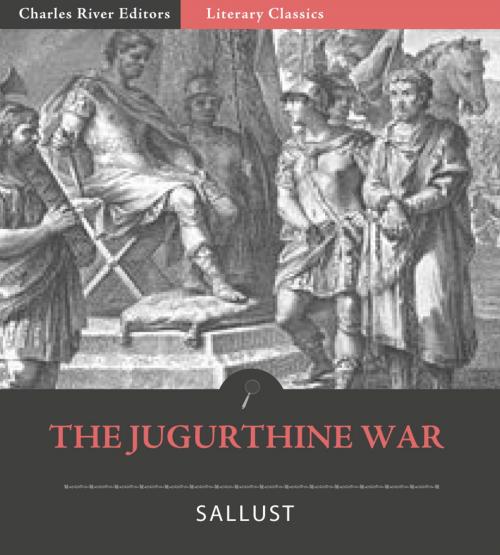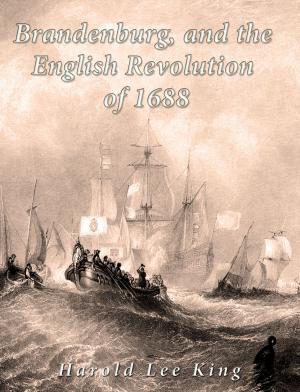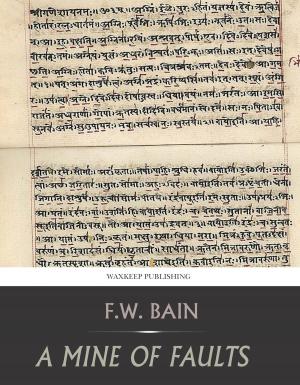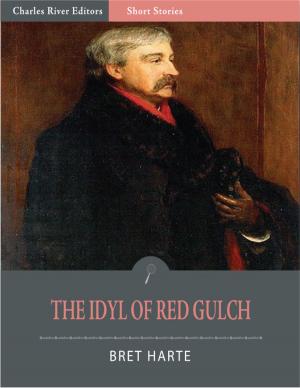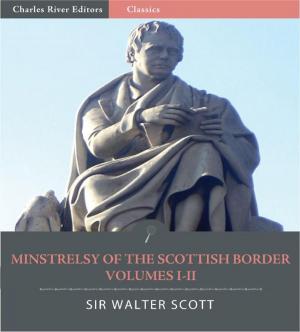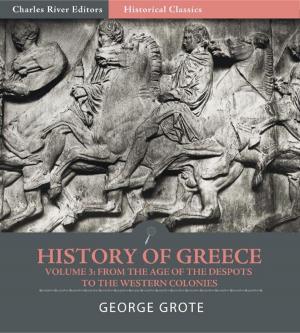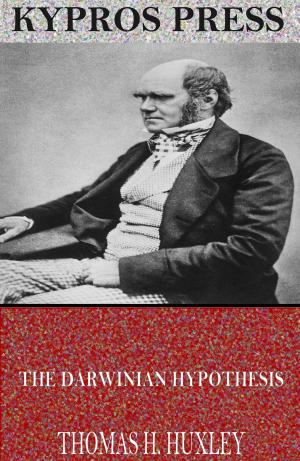| Author: | Sallust, John Selby Watson | ISBN: | 9781475313727 |
| Publisher: | Charles River Editors | Publication: | February 22, 2012 |
| Imprint: | Language: | English |
| Author: | Sallust, John Selby Watson |
| ISBN: | 9781475313727 |
| Publisher: | Charles River Editors |
| Publication: | February 22, 2012 |
| Imprint: | |
| Language: | English |
Gaius Sallustius Crispus, or Sallust (86 BC 35 BC), was a Roman politician historian living during the Civil War between Pompey the Great and Julius Caesar. A popularis, Sallust opposed Pompeys party and the aristocratic classes in Rome throughout his life as a writer. Sallust also became a Quaestor in 55 and a Tribune in 52. Sallust's Jugurthine War is a brief monograph recording the war in Numidia fought around 112 B.C., discussing the political careers of Marius and Sulla and their rivalry. Sallust's priority in the Jugurthine War, as with the Catiline Conspiracy, is to use history as a vehicle for his judgment on the degradations of of Roman morality and politics over time. In that regard, Sallust was one of the first ancient historians to actually offer analysis of events rather than a simple retelling of just the facts. The ancient world admired him for it: Sallust drew praise from the historian Tacitus, and Quintilian compared him favorably with Thucydides.
Gaius Sallustius Crispus, or Sallust (86 BC 35 BC), was a Roman politician historian living during the Civil War between Pompey the Great and Julius Caesar. A popularis, Sallust opposed Pompeys party and the aristocratic classes in Rome throughout his life as a writer. Sallust also became a Quaestor in 55 and a Tribune in 52. Sallust's Jugurthine War is a brief monograph recording the war in Numidia fought around 112 B.C., discussing the political careers of Marius and Sulla and their rivalry. Sallust's priority in the Jugurthine War, as with the Catiline Conspiracy, is to use history as a vehicle for his judgment on the degradations of of Roman morality and politics over time. In that regard, Sallust was one of the first ancient historians to actually offer analysis of events rather than a simple retelling of just the facts. The ancient world admired him for it: Sallust drew praise from the historian Tacitus, and Quintilian compared him favorably with Thucydides.
